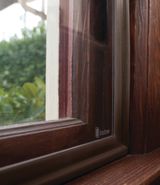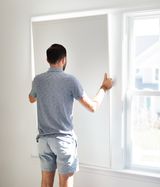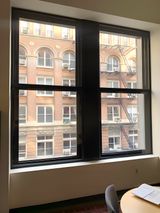
How To File A Noise Complaint Online Or Anonymously
Sometimes the noise around us gets so bad it doesn't seem like there's anything we can do other than complain. We've talked to the neighbors, the landlord. We've added noise machines, moved the bed…nothing has worked! So, we will tell you how file a noise complaint online.

Bringing in outside enforcement, like the police, for noise complaints can escalate a bad situation. If you file a noise complaint online, will it help? Can you make an anonymous noise complaint?
Note: If any of the noises you are hearing could be related to domestic abuse or violence, call 911. They can keep you anonymous and help resolve the situation.
File a Noise Complaint & See Results
Who Is in Charge of Noise Complaints
There's most likely a local noise complaint number to call. If there isn't (or you can't find it) call the non-emergency line. Police appreciate directing complaint calls to that number.

Research local noise ordinance rules. You'll sound like you know what you're talking about and you can cite specific times your neighbors have made noise outside those limits.
If you have a landlord, make sure you've contacted them before you contact the police or anyone else. You need to at least give them a chance to resolve the situation.
What Are the Parameters of the Noise Ordinance
Noise ordinances restrict noise duration, level of noise, source of noise (proximity to dwelling), zoning of area, and time of day. Unfortunately, some of these things are subjective. Many of the ordinances themselves are filled with subjective language that is up to interpretation. How is one to enforce: “excessive noise”, “disturbing noise”, or “plainly audible”?
Example: Portland, OR Noise Ordinances
No excessive noise is allowed in the City of Portland between the hours of 10:00 PM and 7:00 am. To report noise during these hours, call 503-823-3333 x2. Types of Noise Covered by the Code:
- Amplified soud
- Music
- Construction
- Events and parties
- Animal noises from legal animal facilities
For questions, information, or concerns, please email the Noise Office or file using the online noise complaint form.
Most people agree that higher levels of noise are acceptable during the daytime hours than at night. But, when do nighttime hours begin and what noises are acceptable? The use of power tools may have a curfew, but air conditioners can run all night long.
If the ordinance has a fixed maximum sound level, it will include ambient noise in its measurement. The ambient noise may affect the reading of the sound level, but it means there only has to be one reading of the offending noise. Generally, the ambient noise is not an issue and the offending noise can be identified based on complaint descriptions.
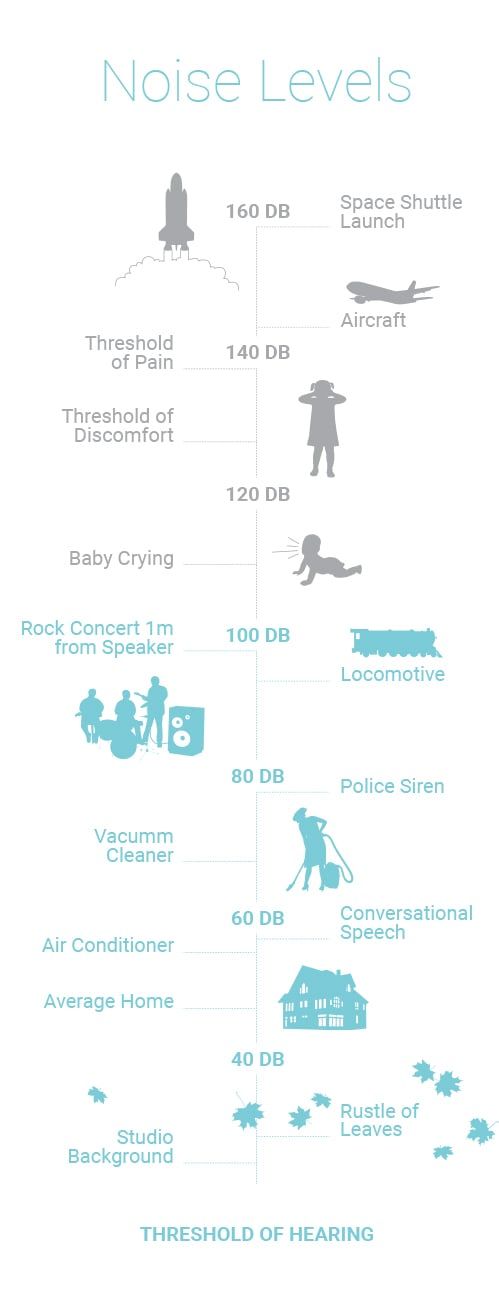
Continuous sound has more of an effect than short bursts of noise. Most ordinances cover “exceedance allowance”. Higher levels of sound are allowed for shorter amounts of time and lower levels of sound are allowed for longer amounts of time.
Noise levels are measured by immission and emission. Immission levels are generally used for residential zones, measuring the amount of noise entering a space. Emission levels are usually used for noise sources, often commercial spaces and are designated to balance the health and welfare of residential dwellers and livelihood of business owners.
To find your city's noise ordinances, you can search for “city state noise ordinance” or go to your city's government website. They should have a section on charter, code, and policies available for the public. Look in FAQ for City Ordinances if you can't find it elsewhere.
How Can You File a Complaint, and Do it Anonymously
Measurements must be taken by someone who is not the listener. So, your recordings may be useful, but ultimately you need a third party. An official needs to access the “excessive noise” you're dealing with based on your city's noise ordinances.
If you've found the noise ordinances on your local government website, keep searching for what types of noise they will and will not deal with. Some noise sources belong to other departments. For example, complaints about animal noises like barking dogs often go to animal control. Similarly, aircraft noise, train noise, and garbage noise complaints all go to different departments. It's best to call your local government to inquire where to call or file online.

There should be a general non-emergency number to call that can direct you to file a noise complaint. If the noises you are hearing indicate there may be violence involved, call 911. You can also file a noise complaint online via the Noise Complaint Form, also found on your local government's website.
Most forms ask that if you are reporting noise currently breaking ordinances, to call the non-emergency line immediately. If you are reporting an ongoing offense, use the form. They usually ask you to be specific. This is when all the terms above will help you describe the noise complaint in detail.
Your information will be held confidential unless it is needed for testimony or you waive your right to confidentiality. Most forms include questions regarding your confidentiality, including your willingness to testify, so you can rest assured that you can make an anonymous noise complaint.
What Can You Do If the Noise Doesn't Stop? Or if They Are Within the Guidelines?

It's possible that after all your research and filing a noise complaint online that you aren't able to make any progress. Or, the sound may fall within the limits of the law. Noise ordinances are complex and frustrating, but there are other solutions that you can take into your own hands.
It may seem like you shouldn't have to take ownership of the issue, and you shouldn't give up the fight against noise pollution. But, soundproofing your home will save you pain, anger, and improve your health. Depending on the state of your home and budget, there are many avenues you can take to help you and your family.
Soundproof your home by:
- adding insulation to your walls and attic.
- placing rugs and other noise-absorbing material around your home.
- adding acoustic panels to your walls - this is especially helpful if one section of your home is affected by noise.
- get soundproofing window inserts that can block up to 75% of outside noise.

The more you educate yourself about the ordinances of your city, the more empowered you are to fight for your silence. We all have to live with some noise, but sounds are rising around us every day and the more we document – through noise complaints or otherwise – the more we fight for our welfare. Many noise ordinances have not been updated for over 30 years and are behind the technology of noise-making products. Yes, soundproof your home, but also protect your right to domestic tranquility.
Indow For Your Windows
- 1
Request a Free Estimate. We'll provide you with a preliminary estimate based on your basic window dimensions. It's quick and easy!
- 2
Measure your windows with our easy-to-use laser measurement kit. We'll guide you through the simple process, ensuring a perfect fit.
- 3
Customize your inserts to match your needs and your aesthetic, with tubing colors that seamlessly blend into your space.
- 4
Transform your space with custom-crafted inserts shipped directly to your home, ready to fit perfectly in your windows.
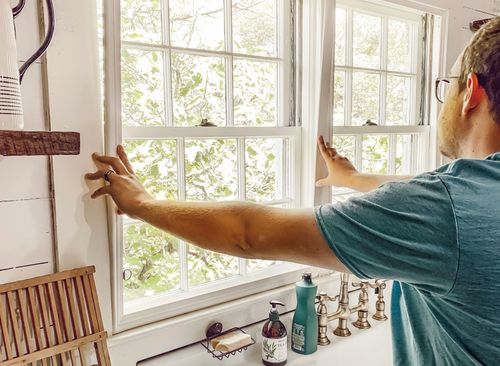
We value safety and privacy. We will never share, sell, or rent your data to third parties not directly related to your purchase or consideration of our products. Read our full policy here.

